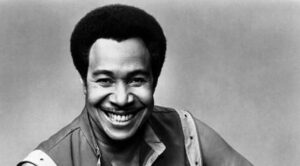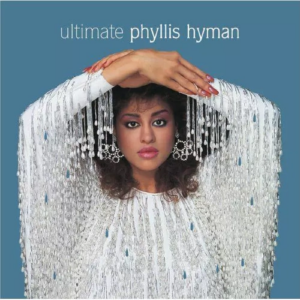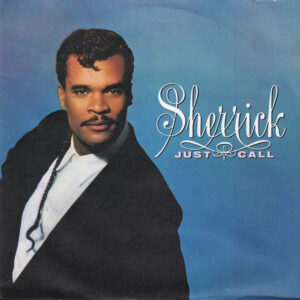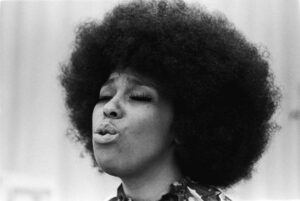As much as Adele wants to be a rootsy country singer, the soul still shines through. Besides, new hill folk adventures like “Hide My Heart” sound like the score for Reagan’s “Morning in America” or worse, a Maxwell House commercial. Luckily, the milquetoast fillers don’t dominate Adele’s sophomore project, 21. Instead, the project finds itself being frequently rescued by robust, full-bodied power ballads and attitudinal retro-soul pop from the ‘60s and ‘70s, with just enough modern flavors and imaginative arrangements to keep it mostly feeling fresh. While largely successful, the UK singer’s genre-hopping feels less like a calculated display of versatility and more like a woman without a country, searching for her own unique musical identity.
Identity explorations are just about what you’d expect from a 21-year old, those blind fumblings just aren’t usually as public as Adele’s. It makes sense that the singer would try finding new ground to distinguish herself from the “British Female Invasion” lot that dominated her debut year. Reportedly gracious, but eventually exhausted by the constant comparisons to Duffy and fellow BRIT school alums Amy Winehouse and Leona Lewis, Adele readily absorbed the sounds of Nashville country and American roots music during her last American tour. This latest offer is dominated by her decision to give these lemony, Countrytime flavors a whirl. But, the two-time Grammy-winner is no dummy, she knows that part of what made 19 a double-platinum debut and named one of the “essential” blue-eyed soul albums of all times, is the old school R&B underlining her British accent.
So, in between massive, mega-hit-written-all-over-it-productions like Fraser T. Smith’s “Set Fire To Rain” –with its symphonic Phil Spector “wall of sound” meets Peggy Lee’s “Fever”—and the sweeping Carly Simonesque “One and Only” are less distinctive, sad-eyed ruminations like the country pop of “Don’t You Remember.” It’s almost unimaginable that the legendary Rick Rubin’s production of the trite long notes of “Don’t You Remember” is also the same producer of the maudlin “Lovesong,” the epic “One and Only” and the bumping “He Won’t Go,” with its humbly complex musical transitions. Not to be outdone, producer Paul Epworth gives us the kind of Muscle Shoals gospel-blues-funk production that recalls Dusty Springfield’s legendary Dusty in Memphis, and it is rivaled only by Ryan Tedder’s go-go booted “Rumor Has It.” Of the spare ballads, producer Dan Wilson is a bit more successful with the forceful piano ballad “Someone Like You,” which feels like a minimalistic gem from 19.
Besides her often spare compositions, it’s the hefty vocals that Adele is most known and revered for. She is in full, pristine voice here, but it’s the weight of her emotive phrasing that makes some of the woodland symphony productions Rubin places on her instrument not work. Adele has a beautiful, aching alto that always seems fully prepared to weep, but it lacks the sinewy fluidity needed to make “Lovesong” the languid thing of beauty Sade would have conjured. Her ever-present sincerity isn’t always enough and singing every ballad with the exact same heavy-handed approach as she does with “Don’t You Remember,” “Hiding My Heart,” “Take It All” and “Turning Tables,” brings an unintentional sameness to these emotional performances. Keep this piano bar trend up and what reads as sincerity begins to invite charges of contrivance. That said, Adele’s voice is still fresh enough to our collective ears to invite these concerns for future projects, once its affectations are overly familiar to us. For now, her voice is a highly listenable product and standout performances and inventive arrangements like the brave, foot-stomping single “Rolling in The Deep” and the retro celebration that is “Rumor Has It” immediately broadcast that there is way more to this young lady than torch songs. Way!
But, at age 21, Adele may not yet know that, and as an artist she’s entitled to her explorations and her undeniable talent—and our patience. Still, might I humbly suggest that if the youngin’ must try her hand at country, can it be more in the vein of the feisty “If It Hadn’t Been for Love,” a songwriter’s story as authentic as Nashville’s yellow poplars. Authenticity is the bedrock of both country and soul, and its Adele’s authenticity as an honest artist that makes 21, despite its shortcomings, strongly recommended.
By L. Michael Gipson
*There are several versions of 21 available, including the Feb. 22nd U.S. version; this review was of the Deluxe Edition.









